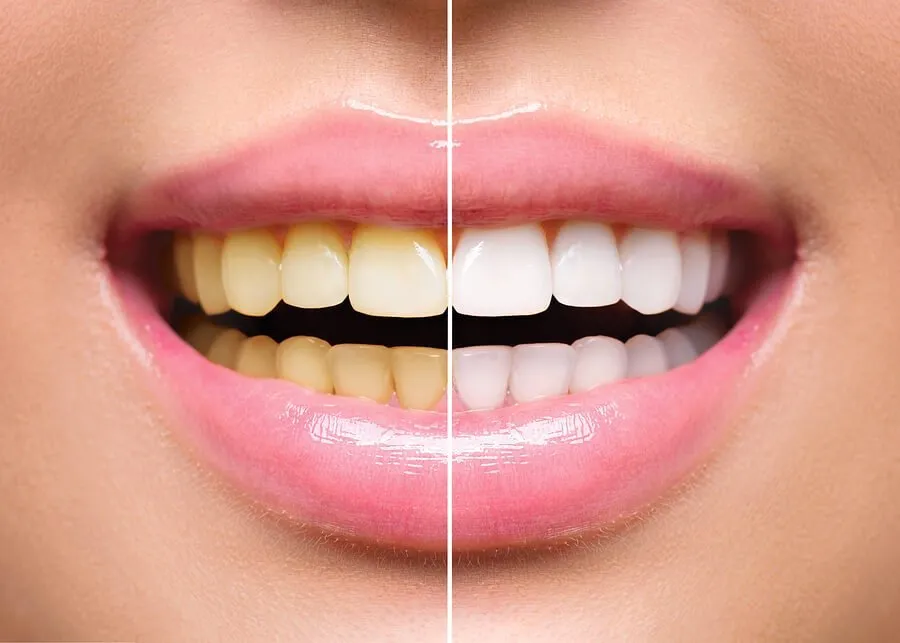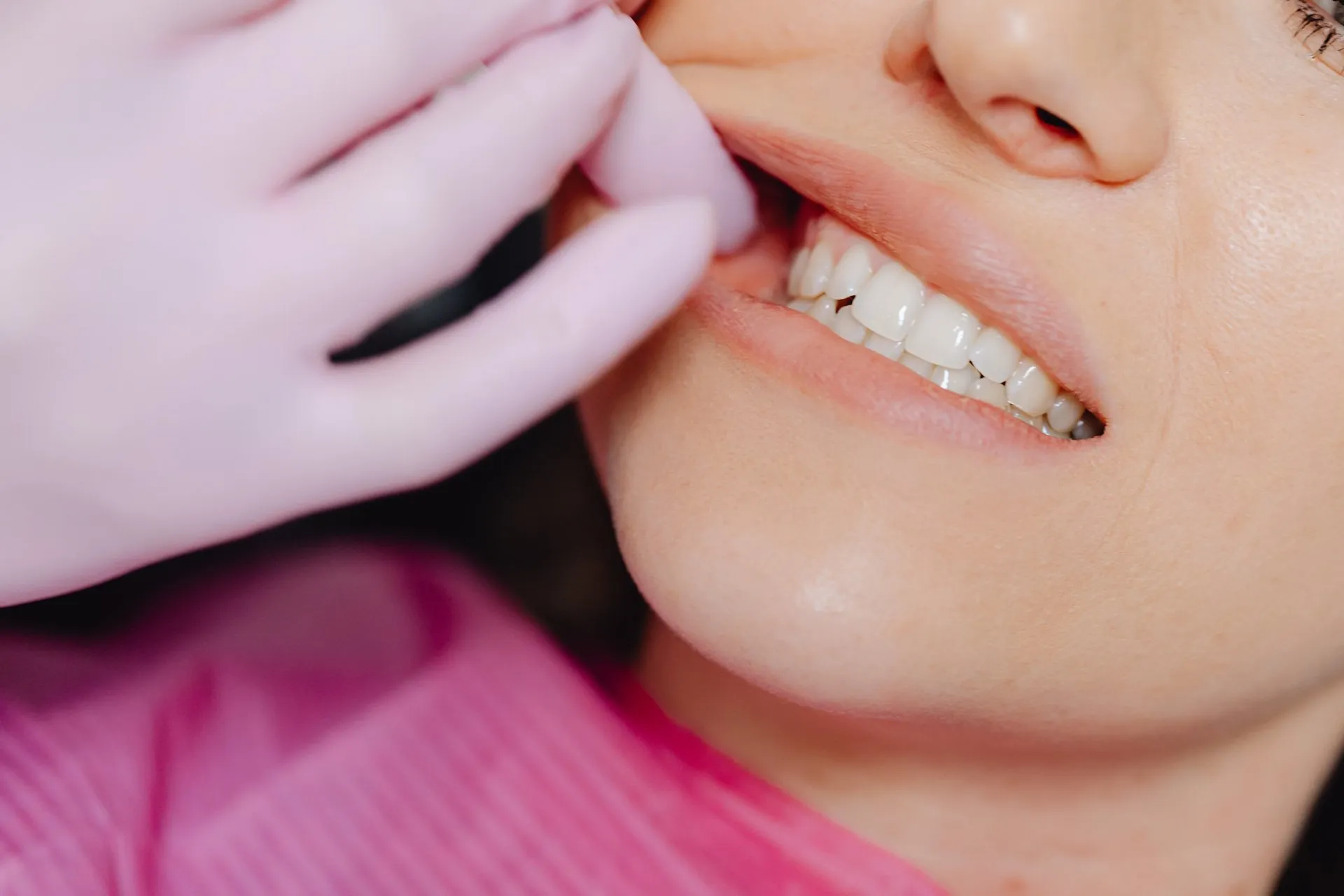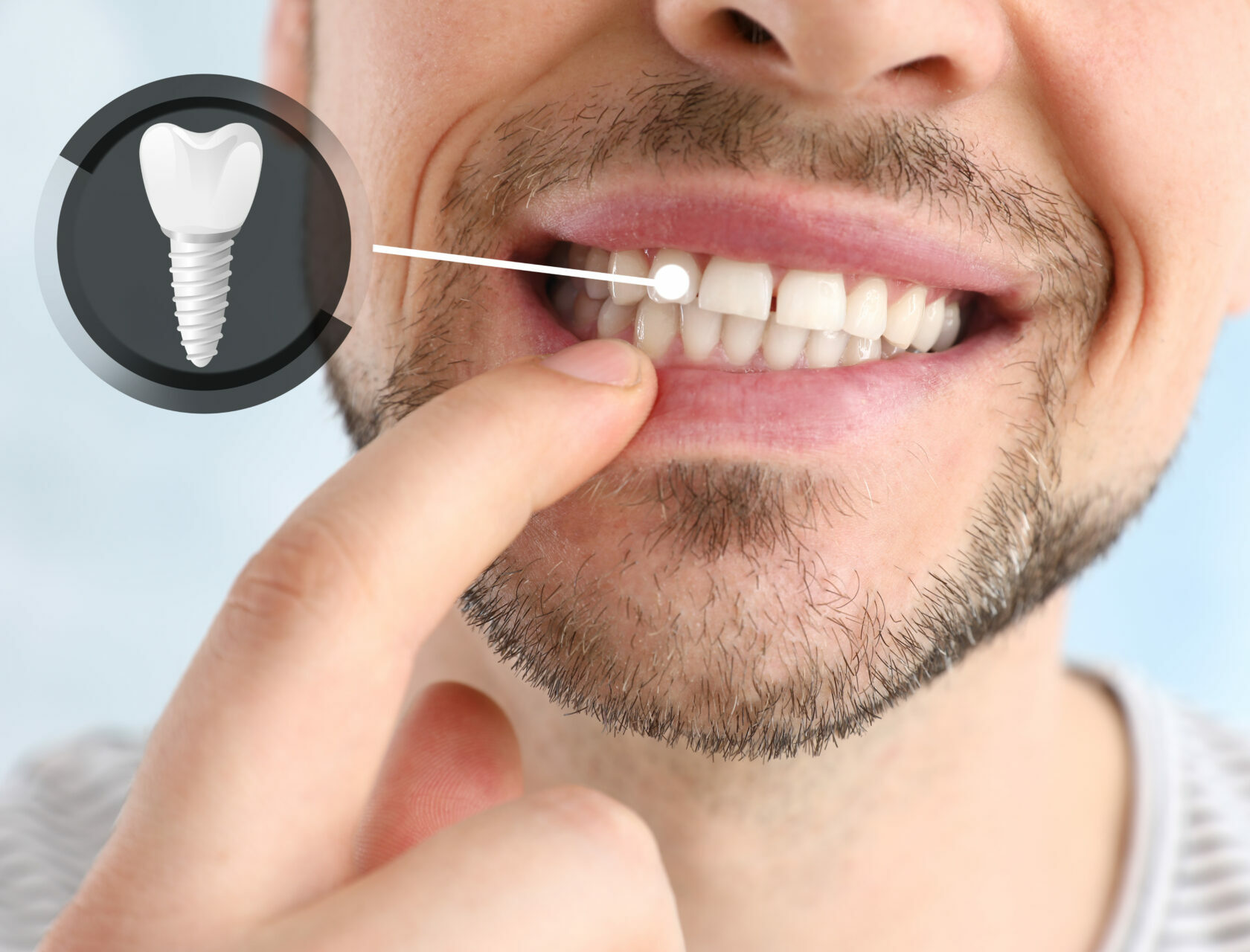What Is Tooth Decay?
Tooth decay is a term used to describe the disease that causes the destruction of the outer layer of a tooth. Unfortunately, this disease does not stop at the outer layer of the tooth. It also has the ability to progress and attack deeper layers. Tooth decay has the potential to lead to cavities if not dealt with promptly and properly.
The terms tooth decay and dental cavities are often used interchangeably. This is partially due to the fact that tooth decay eventually transforms to cavities once it has eroded the enamel. This can be avoided by simply being aware of tooth decay causes, symptoms, treatments and prevention.

Causes
The main driver behind tooth decay is plaque buildup. Plaque can be described as a sticky layer that forms on the teeth. The bacteria in plaque thrives on sugar and starchy foods. When these types of foods are consumed, the bacteria produces acid that destroys the tooth enamel and thus creates tooth decay.
Tooth decay does not have an age range. It can affect people of all ages including children. You may have higher chances of suffering from tooth decay if you have any of the following conditions:
- Weak enamel due to genetics
- Weak enamel due to illness
- Dry mouth
- Eating disorder such as anorexia or bulimia
- Acid reflux or GERD
Symptoms
There are various symptoms that can manifest themselves when tooth decay is present. Having said that, not every person that suffers from tooth decay will have symptoms in the early stages of the disease. As tooth decay advances, you might experience the following:
- Bad breath
- Tooth sensitivity to cold or hot foods
- Tooth pain
- Difficulties biting certain foods
- Dark or white spots on teeth
- Cavities
- Loose fillings
- Food trapped in teeth
- Abscesses in teeth that come with pain, fever, or swelling of the face

Treatments
Fluoride Treatment
Fillings
Crown
Root Canals And Extractions
Prevention
We can say without a doubt that dealing with tooth decay is not what our patients wish for. Most people that suffer from tooth decay wish that they had worked harder at preventing it in the first place. The list below are some of the things that can help prevent tooth decay.
- Brushing the teeth twice a day
- Flossing at least once a day
- Eating healthy and nutritious meals
- Limiting snacking
- Visiting the dentist twice a year for bi-annual cleanings and checkups
Tooth decay can be preventable under the right circumstances. It can also be reversible when found early on. Our most humble recommendation is that you do not skip your bi-annual dental cleanings and checkups. This is where early detection takes place which gives you thes best chance at resolving the issue quickly and with ease. If you are due for your checkup, please give us a call. Our team is here to help you.




